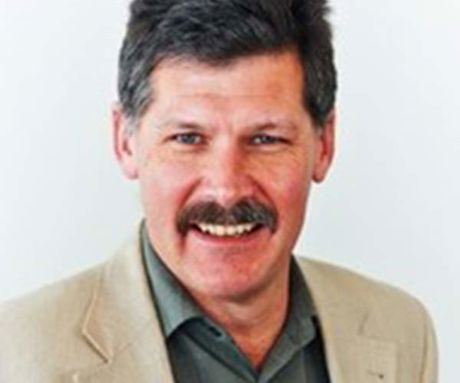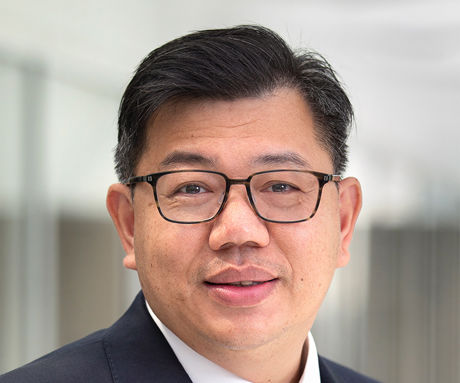Experts
Contact our team today:

Nigel Cann
Global Chemical and process engineering leader

Jonathan Eisenberg
Americas Chemical and Process Engineering Leader
Jonathan Eisenberg is a Principal at Arup, based in the Boston office. Jon has 37 years of fire and chemical engineering experience, combined with a chemical manufacturing & operations supervisory background (with ICI and Rohm & Haas).

Simon Tsang
East Asia Chemical and Process Engineering Leader
Simon Tsang is the Leader of Chemical and Process Engineering Team of Arup Hong Kong, East Asia Chemical and Process Engineering Skills, and Technical Services Leader.






